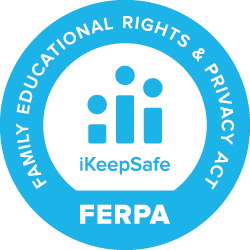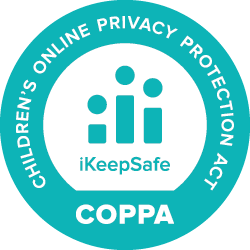We define localized curriculum as “an educational approach that tailors and contextualizes the content to meet the specific needs, interests, and cultural contexts of the students and communities being served. It considers a particular region’s unique characteristics, challenges, strengths, and in-demand industries, integrating local relevance, cultural diversity, employer needs, and real-world applications into the curriculum.”
This approach goes beyond the generic content delivery and aims to provide a more effective and relevant educational experience, ultimately fostering students’ academic and career success and connection to their community and local employers.
Localized curricula are carefully aligned with employer needs and designed to create awareness of various career paths by incorporating local industry trends, real employers, and real-world examples into the curriculum.
Through hands-on activities, project-based learning, role model videos, and interactive simulations, students gain practical skills and knowledge that are directly transferable to your industry! They learn how to solve real-world problems, collaborate effectively, and think critically—all essential skills that employers seek in today’s competitive job market.






